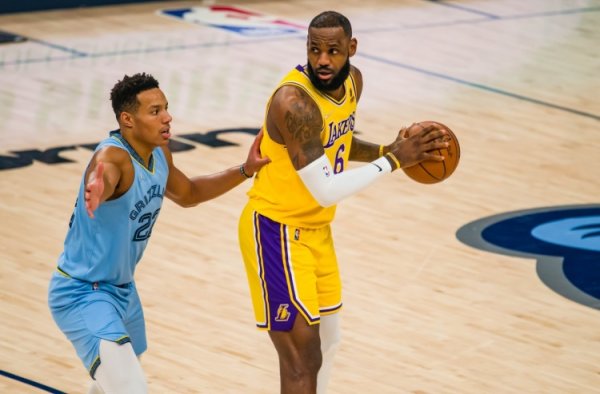Curry: You can get through it by relying on your physical and athletic ability in high school, but technology is very important afterwards

Xiaoba interviewed Curry on the spot at Curry's training camp today. During the interview, Curry talked about the reasons for holding the training camp.
You have been hosting this training camp for almost ten years. I've seen players like Michael Gordon Jr, Anthony Edwards, Jalen Green, Thompson Twins and more. Why is it so important for you to devote your energy to developing these young players who are about to enter the league?
Curry: I want to say that I have a lot of core childhood memories, such as being able to get close to some great NBA players, being in the same stadium, and obviously, being able to run around with my dad. You need moments like these, like the people you mentioned just now, there is a little reason why they can enter the NBA, and we have a very small position in their journey, giving them some technical improvements and mentality helps, and that's what I rely on in my career. I also had such core memories as growing up, like attending a training camp at Paul Pierce, Steve Nash, Kobe Bryant, and I always learn something and take them forward. So I hope we can be like that, part of their journey.
It's great to see the list of men and women, like Cam Brink and Hazy Foot, and I heard that there are many athletes who have the opportunity to go to higher levels and have access to the way I look at the game. So do you have anything special that you hope the children can take or learn from this experience?
Curry: It is to let them know how much attention to details is needed to reach a higher level and how hard it is to work hard. We will instill a lot in them in a very short, very short time, and they must learn how to get better. These kids are the most gifted in the country, and there is a reason to be here, because they have been identified as the top of their respective grades. But this can only take you to a certain level. You must be able to learn quickly, constantly improve and take the game to the next level, be able to ask questions, and understand the intangible qualities you need as a professional player. So we hope to give them a small toolbox during the five classes.
I want you to talk about how different your training methods are, especially when working with coach Payne, for example, the first is physical training, then reading and reaction training with different colors of tennis balls, and then let them not dribble during the game, because many times, children feel that they have to transport the ball a lot. But I will never forget that when I first went overseas, we played 5-on-0 and didn’t dribble. Can you talk about these and show different ways of learning and how to think when your brain is strongly stimulated and your body is tired.
Curry: You have actually listed the four principles we taught them: details of ball control, overload training of the nervous system when processing a lot of information, and understanding of "good basketball" - for example, some dribble-free combat training we taught is to enable them to play good basketball no matter which team they are in and what style they play. You know that in high school, usually if you are the most athletic and physically dominant, your skills are not that important, and you can get through it. But as you enter college, get to the highest level of college or even professional arena, these things become important and you have to take into account both. So we're going to give them a lot of information, but as you said, the point is to let them see how to train, how to get better, these are all abilities related to becoming professional players.
source:kq 7m

